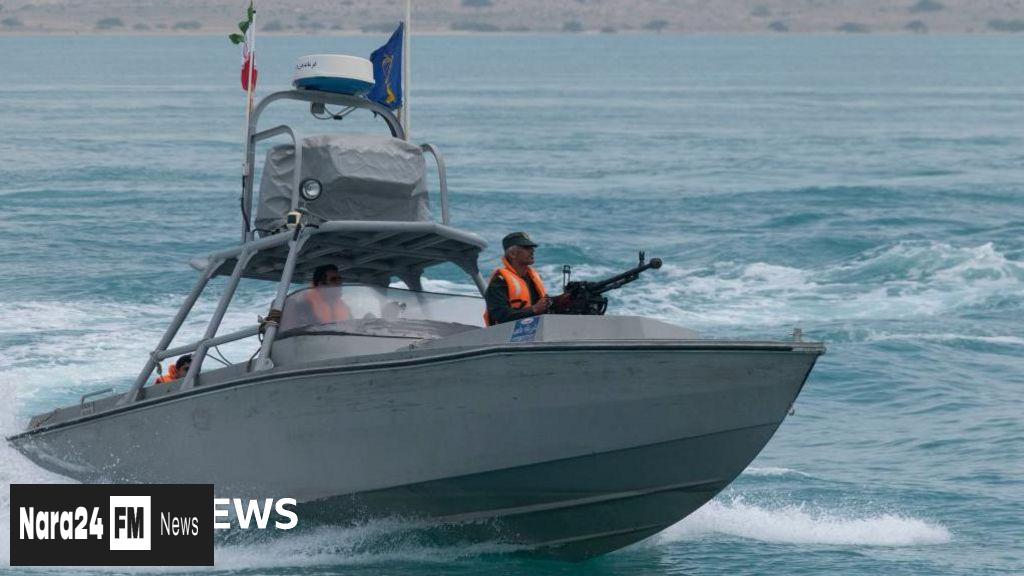In This Article
- Overview of the Strait of Hormuz
- Potential Impact of Closing the Strait
- Concerns and Warnings from Experts
- Historical Context and US Involvement
- Iran's Past Threats and Current Uncertainty
Key Takeaways
- The Strait of Hormuz is a vital passage for around 20% of the world's oil and gas supply.
- Iran's control over the strait raises concerns about potential disruptions to global oil markets and international trade.
- A blockade of the strait by Iran could lead to a significant increase in oil prices and impact countries heavily reliant on energy exports.
- The US and its allies have historically intervened to ensure the flow of oil through the strait during times of conflict.
The Strait of Hormuz, a narrow shipping lane in the Gulf, serves as a crucial passage for approximately 20% of the world's oil and gas. In light of recent tensions between the US and Iran, there is growing concern that Iran may retaliate by shutting down this vital oil corridor, impacting international trade and oil prices.
Situated between Iran to the north and Oman and the United Arab Emirates to the south, the 50km wide strait connects the Gulf with the Arabian Sea. It accommodates the world's largest crude oil tankers, facilitating the transportation of oil from major Middle Eastern producers like Iran, Iraq, Kuwait, Qatar, Saudi Arabia, and the UAE.
If Iran were to block the strait, it could lead to a significant rise in oil prices, affecting global markets and causing disruptions in the economies of countries heavily reliant on energy exports. Saudi Arabia, the largest crude oil exporter in the region, would be particularly impacted, exporting approximately 6 million barrels per day through the strait.
Experts warn that the closure of the strait could trigger economic turmoil, with potential repercussions on stock markets and inflation worldwide. Asian countries, major importers of oil from the region, would also bear the brunt of such a closure. China, India, Japan, and other key Asian economies heavily rely on oil shipments passing through the strait for their energy needs and economic activities.
While there are concerns about Iran's ability to temporarily block the strait using mines and naval attacks, experts believe that the US and its allies could swiftly intervene to restore maritime traffic through military actions if necessary. Historically, the US has taken measures to ensure the flow of oil through the strait, as seen during the tanker war in the late 1980s.
Although Iran has threatened to close the strait in past conflicts, it has never followed through. The uncertainty surrounding the strait's future underscores the delicate balance of power in the region and the potential implications of any disruption to the global oil supply chain.








Comments (0)
Leave a Comment
Be the first to comment on this article!